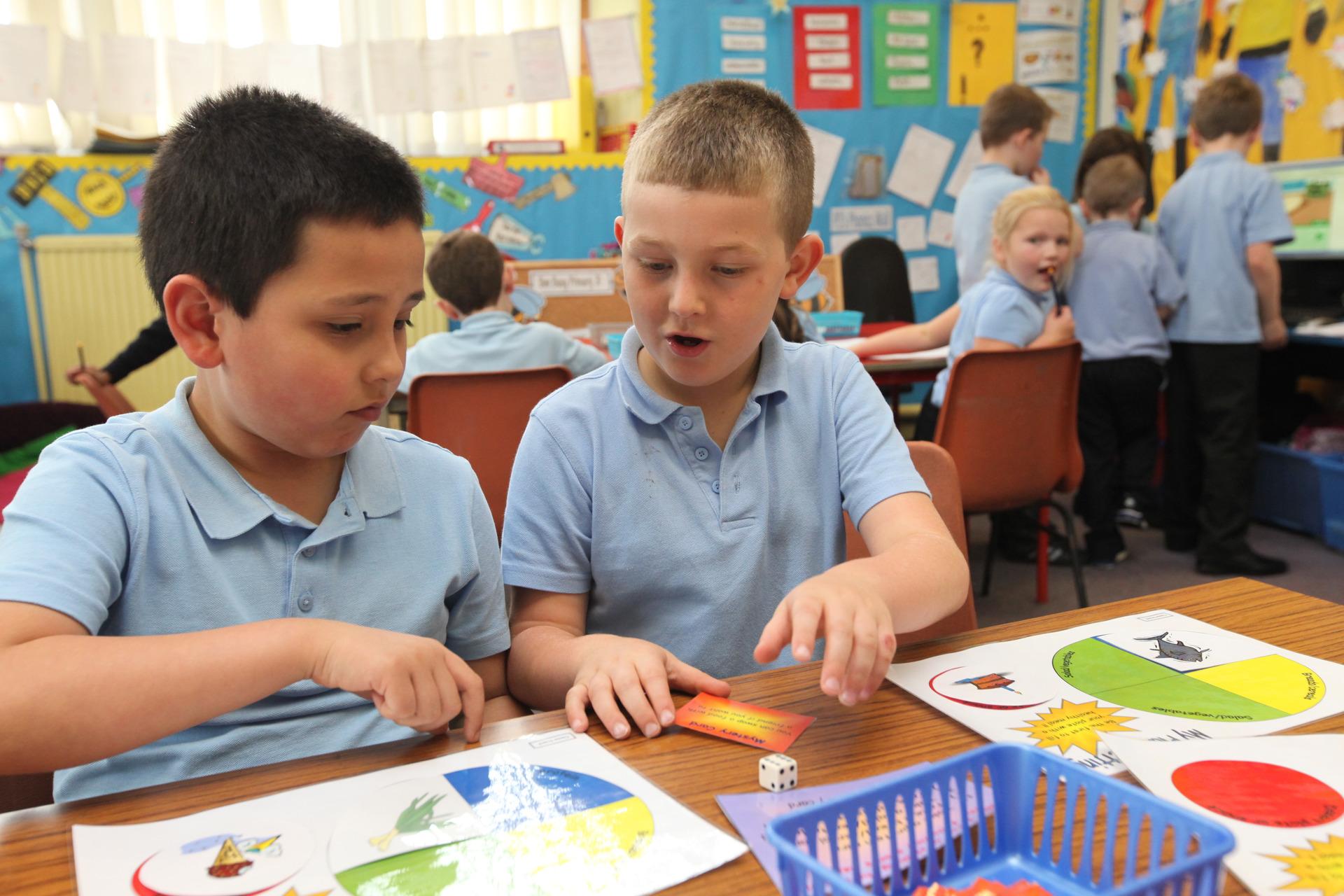Children, young people and the Pandemic
The Chair of the Local Government Association sends out regular briefings to councillors and they are always full of interesting and useful information. The latest one includes a whole bunch of updates about children and young people and especially how they are being affected by the Pandemic:
COVID-19 child-centred recovery
Over the past six years England’s Children’s Commissioner Anne Longfield has been a strong and passionate advocate for children and the issues facing our young people. In her final speech Anne called for a new “Covid Covenant” of education and well-being support in every community to help children and young people recover from the pandemic.
As we set out in our recent report – A child-centred recovery – there is an urgent need for a cross-Whitehall strategy to ensure every government department considers the impact of its policies on children and young people. Dame Rachel de Souza will take up her post as the new Children’s Commissioner for England in March.
Unregulated accommodation ban
A ban on placing vulnerable children under the age of 16 in unregulated accommodation will come into force in September, Education Secretary Gavin Williamson has announced. The Government will also hand Ofsted new powers to take enforcement action against illegal unregistered providers and bring forward plans to support local authorities to create more places in children’s homes alongside additional investment.
These are positive steps – many of which we called for in our response to the Government’s consultation on reforms to unregulated provision for children in care and care leavers – towards ensuring that all children in care live in good quality homes that meet their needs. Whilst this is a positive step forward, we have made the point publicly in our media response that funding for additional places in registered accommodation will not be available immediately and councils will want to work with the Government to develop the places they will need to meet these requirements.
Schools
Figures show that 24 per cent of primary school pupils were on-site last week, a small rise on the week before (23 per cent). This is the third week in a row that primary school attendance has increased. Attendance in primary schools is now six times higher than during the first lockdown last Spring when approximately 4 per cent of pupils attended class. The Department for Education said more than one million laptops have now been delivered to disadvantaged families across the country.
Education catch-up
Plans across the UK to help pupils catch-up with their education do not offer the support they need, according to a report from the Education Policy Institute. Comparing education support plans of all four UK nations, it claims that whilst the funding for programmes in England and Scotland is the most generous per pupil, these programmes are poorly targeted and do not help disadvantaged pupils to the same standard as in Wales or Northern Ireland.
Youth services
Councils spent £372.12 million on youth services in 2019-20, the youth charity YMCA has said in a new report. This represents a 6 per cent decrease from the previous year and 73 per cent fall in real term spending from 2010/11. The charity is calling for a significant increase in government funding so councils can invest in services for young people. It is more important than ever for young people to have access to safe spaces for their personal development, outside of home and school, following the disruption of the last year. In response to the report, we have urged government to ensure the £500 Youth Investment Fund – announced in September 2019 – is made available as soon as possible.
Family and wellbeing
Action for Children has published a report looking into the impact of nearly a year of restrictions on normal family life for children and parents. The charity’s research examines mental health, family finances, safeguarding concerns and wider childhood, and includes analysis showing anything less than making the £20-a-week uplift to Universal Credit permanent will leave struggling families without crucial support.
Children’s mental health
The What Works Centre for Children’s Social Care (WWCSC) and National Institute for Health Research (NIHR) continue to seek applications for new funding to evaluate interventions which improve the quality of care, support and access to services for children and young people with mental health conditions. They remain keen for sector professionals – including children’s social care professionals, children and adolescent mental health services, multi-agency partners or third sector providers – to submit joint applications.

